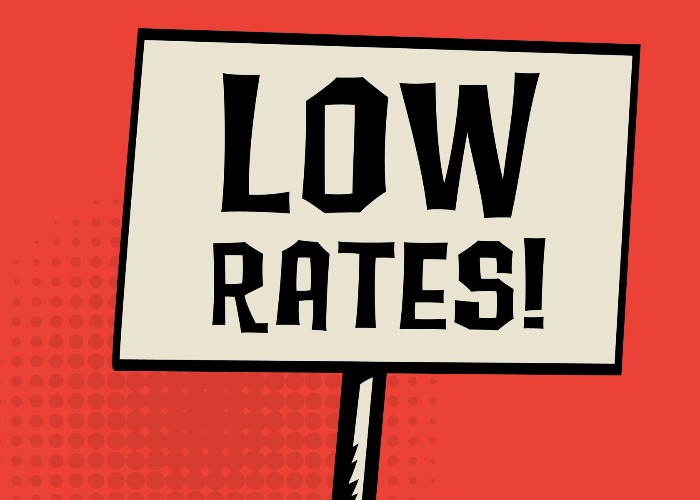Banks could be forced to pay a minimum interest rate on savings accounts

The regulator is concerned that banks are cashing in on loyal savers. But could any move actually hurt active switchers?
The days of banks paying next to nothing on easy access savings accounts could be numbered after the financial regulator said it was looking into “price discrimination” in the savings market.
The FCA is particularly concerned about savers who have held cash in an account for many years, where the interest rates have been cut to derisory levels, often as low as 0.1%.
Generally, savers who want to keep on the best rates are forced to jump from one account to the next. But its figures show not enough people are doing so.
“Providers can take advantage of high levels of customer inaction to pay lower interest rates to longstanding customers,” says Christopher Woolard, executive director of strategy and competition at the FCA.
“While many customers have valid reasons for not shopping around, providers must still treat them fairly, while maintaining competitive rates for those who do.”
As a result, it is looking into forcing banks to pay longstanding customers a Basic Savings Rate.
At this stage, there’s no indication what that rate might be, although we might have a clearer idea after the consultation closes in October.
Would everyone benefit from a minimum savings rate?
Any move to eradicate these awful “savings” accounts would obviously be welcomed.
With inflation currently at 2.4%, a bank paying someone 0.1% for saving with them is insulting, to say the least, and means their savings will lose value.
What was interesting about the FCA release is that it’s effectively asking banks to hike the worst rates without hammering active savers.
The question is whether or not this will actually come to pass.
We know that interest rates on the best savings accounts aren’t anything to write home about already.
If banks are forced to pay their most profitable customers a more respectable rate, would this not come at the expense of headline rates?
As we have written about before, active switchers often benefit at the expense of the most vulnerable.
We’ll soon see who benefits from intervention
Of course, this is all hypothetical at present: this is just a consultation and nothing could come from it.
But it’s worth keeping an eye on gas & electricity bills towards year end to get a feel for how such a proposition might work.
As you’ll likely be aware, the Government is rolling out a price cap to help customers who’ve not switched and are on an expensive standard variable tariff as a result.
We’ll soon see whether intervening on price does indeed help those getting the worst deal – and what impact it will have for those actively seeking the cheapest deal.
Comments
Be the first to comment
Do you want to comment on this article? You need to be signed in for this feature